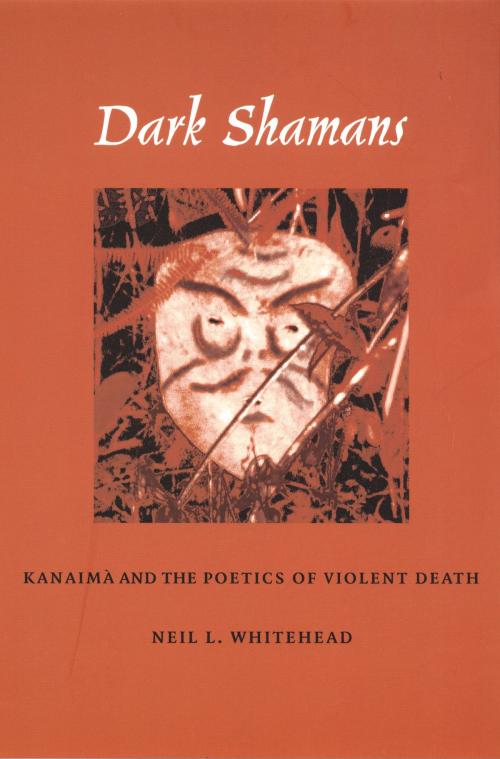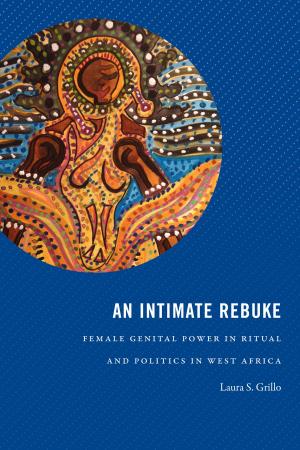Dark Shamans
Kanaimà and the Poetics of Violent Death
Nonfiction, Social & Cultural Studies, Social Science, Anthropology| Author: | Neil L. Whitehead | ISBN: | 9780822384304 |
| Publisher: | Duke University Press | Publication: | October 7, 2002 |
| Imprint: | Duke University Press Books | Language: | English |
| Author: | Neil L. Whitehead |
| ISBN: | 9780822384304 |
| Publisher: | Duke University Press |
| Publication: | October 7, 2002 |
| Imprint: | Duke University Press Books |
| Language: | English |
On the little-known and darker side of shamanism there exists an ancient form of sorcery called kanaim**à, a practice still observed among the Amerindians of the highlands of Guyana, Venezuela, and Brazil that involves the ritual stalking, mutilation, lingering death, and consumption of human victims. At once a memoir of cultural encounter and an ethnographic and historical investigation, this book offers a sustained, intimate look at kanaim**à, its practitioners, their victims, and the reasons they give for their actions.
Neil L. Whitehead tells of his own involvement with kanaimà—including an attempt to kill him with poison—and relates the personal testimonies of kanaimà shamans, their potential victims, and the victims’ families. He then goes on to discuss the historical emergence of kanaimà, describing how, in the face of successive modern colonizing forces—missionaries, rubber gatherers, miners, and development agencies—the practice has become an assertion of native autonomy. His analysis explores the ways in which kanaimà mediates both national and international impacts on native peoples in the region and considers the significance of kanaimà for current accounts of shamanism and religious belief and for theories of war and violence.
Kanaimà appears here as part of the wider lexicon of rebellious terror and exotic horror—alongside the cannibal, vampire, and zombie—that haunts the western imagination. Dark Shamans broadens discussions of violence and of the representation of primitive savagery by recasting both in the light of current debates on modernity and globalization.
On the little-known and darker side of shamanism there exists an ancient form of sorcery called kanaim**à, a practice still observed among the Amerindians of the highlands of Guyana, Venezuela, and Brazil that involves the ritual stalking, mutilation, lingering death, and consumption of human victims. At once a memoir of cultural encounter and an ethnographic and historical investigation, this book offers a sustained, intimate look at kanaim**à, its practitioners, their victims, and the reasons they give for their actions.
Neil L. Whitehead tells of his own involvement with kanaimà—including an attempt to kill him with poison—and relates the personal testimonies of kanaimà shamans, their potential victims, and the victims’ families. He then goes on to discuss the historical emergence of kanaimà, describing how, in the face of successive modern colonizing forces—missionaries, rubber gatherers, miners, and development agencies—the practice has become an assertion of native autonomy. His analysis explores the ways in which kanaimà mediates both national and international impacts on native peoples in the region and considers the significance of kanaimà for current accounts of shamanism and religious belief and for theories of war and violence.
Kanaimà appears here as part of the wider lexicon of rebellious terror and exotic horror—alongside the cannibal, vampire, and zombie—that haunts the western imagination. Dark Shamans broadens discussions of violence and of the representation of primitive savagery by recasting both in the light of current debates on modernity and globalization.















